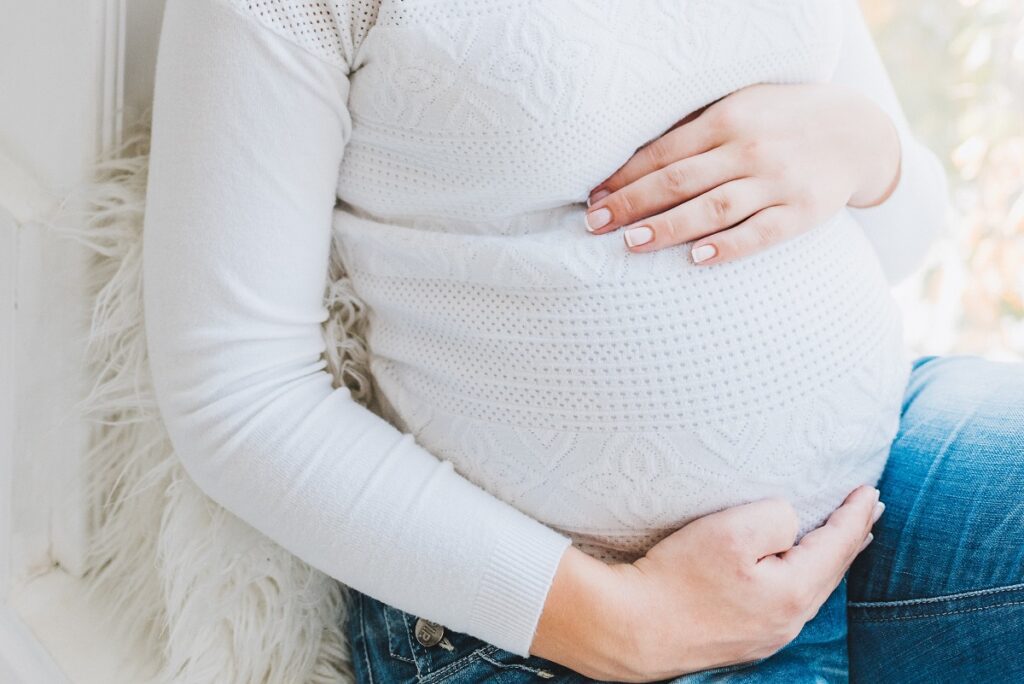The Centers for Disease Control and Prevention (CDC) carried out a national study which found that mRNA vaccines are safe during pregnancy. In addition, the study found that “maternal vaccination, including booster dose, was associated with protection against serious COVID-19 during pregnancy.”
According to data published by CDC, pregnant women with COVID-19 are more likely to experience difficulties that might harm the unborn child’s development. For instance, contracting COVID-19 while pregnant raises the possibility of having a baby born prematurely (before 37 weeks) or stillborn.
Maternal vaccination is recommended against COVID-19, although early studies for mRNA vaccines excluded pregnant people. New data suggests pregnant women should receive a primary series and booster dose of the vaccine, with priority given to mRNA vaccinations, according to the CDC and American College of Obstetricians and Gynecologists.
Despite this, compared to adult women of the same age who are not pregnant, COVID-19 vaccination coverage among pregnant people is still low.
The CDC suggests that pregnant women who have contracted COVID-19 face “5 times the risk of admission to an ICU, and a 76% increased risk of invasive ventilation or ECMO.”
The study came to the conclusion that maternal immunization against COVID-19 using mRNA, including a booster dosage, was linked to immunity against a COVID-19 infection requiring medical attention.
VE estimates were lower against Omicron than Delta and greater against COVID-19-related hospitalization than ED/UC visits, and protection decreased with time, especially during Omicron predominance.
Two additional studies showed that the mother’s immunity from both vaccination and prior infection of COVID-19 produces an antibody response in the mother’s breast milk, as Bio.News previously reported.
According to Obstetrics & Gynecology’s study, “milk from COVID-19-immunized women neutralized severe acute SARS-CoV-2 spike and four variants of concern, primarily driven by anti-RBD IgG,” while JAMA Pediatrics reported that “antibody response in milk after infection was IgA dominant and highly variable, while mRNA vaccination was associated with a robust IgG response, which began to decline by 90 days after the second vaccine dose.”




